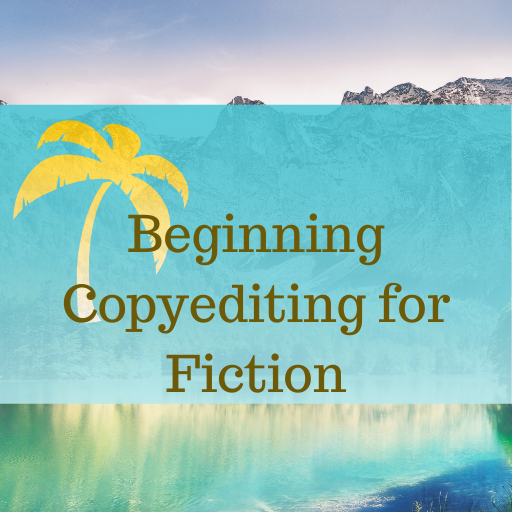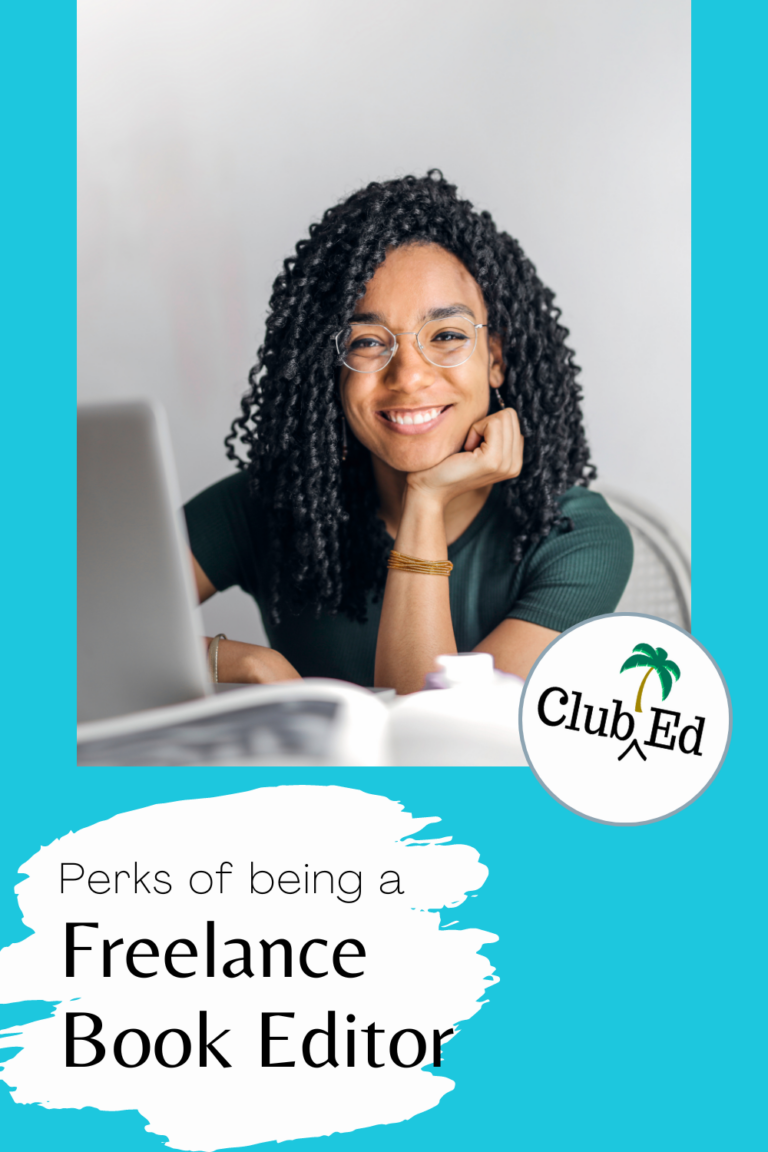Avoiding “Here’s How I Would Write it” as an Editor
Have you used the “here’s how I would write it” editorial query?
In making editorial suggestions, editors sometimes drift into “here’s how I would write it” territory, which is something I discourage. Authors don’t care what you would have done. They want to learn what they can do that will make their manuscript better.

What “Here’s How I Would Write It” Means
First, let me quickly say here that providing solutions to manuscript problems is not by itself saying, “Here’s how I would write it.” What I mean by “here’s how I would write it” is imposing your own preferences on the manuscript or trying to prove your knowledge by making suggestions that don’t materially improve the ms.
For example, if you’re uninterested in bull riding and the protagonist of the novel you’re editing is on the rodeo circuit, it’s not okay to say, “To solve the problem with setting, move the story to Manhattan and make the protagonist a book editor.”
Showing off your knowledge is a type of “here’s how I would write it.” I’ve seen editors remark things like, “These kinds of cars can travel four hundred miles on one charge! Maybe you should work that into your story.”
Uh, why? If these kinds of cars can travel four hundred miles on one charge and the author has them going six hundred miles on one charge, then it would be fair to include a fact-checking query. But a query just to display your knowledge is not okay.
Look to the Manuscript for Solutions
To be sure that our suggestions are not “you’re doing it wrong—here’s the way I would have written this book,” we have to be sure our suggestions are supported by the ms—in fact, it’s ideal if the solutions can be situated in the ms itself: “AU: Move this explanation to Chapter One” or “AU: Since Nicola is a magician, consider having her perform a card trick here.”
Of course, sometimes we do have to make up a solution—there really isn’t anything in the ms as it’s currently written that solves the problem. But we can almost always find elements in the ms to use. Often it’s just a matter of having the author bring them out more.
If an editor’s suggestions are along the lines of: “AU: This historical novel about Anne Boleyn would be so much more interesting if you turned all the characters into aliens and moved the action to Neptune” then of course the author is going to be annoyed.
But for the most part as long as suggestions are rooted in the ms itself, authors may or may not agree with them and may or may not follow them but they’re not likely to feel you’re trying to get them to write the story the way you would have written it.
I find that if I’m absolutely convinced that one answer is the only answer, that’s a sign that I’m trying to write the story the way I would have written it. When I can see several possibilities, that’s more likely to be my objective editorial eye.
Other Helpful Content
Focus on a limited number of problems in story development
Typically in a manuscript evaluation or developmental edit, I focus on what I perceive to be the three-to-five most important concerns I’ve noticed in the ms. This is the approach I teach my editing students. Editing too many problems at once overburdens the author In any given ms, there may be ten or fifteen developmental problems…
Clients who want services you don’t offer
Newer freelancers sometimes come to me in a panic because a client has approached them to do work that’s outside their typical scope. Commonly this is something like the freelancer offers copyediting and developmental editing but the client wants coaching. What should they do? They don’t know how to coach, they don’t offer coaching services,…
Expand into Book Doctoring and Ghostwriting
If you’ve been a developmental editor for any length of time, you’ve likely encountered an author who just wants you to write the book for them. Or, you’ve encountered a manuscript that was in such disrepair that it required a herculean effort to fix it, dropping your hourly rate down to pocket change. As a…
Join the Club!
New to story editing? Begin at the beginning.





